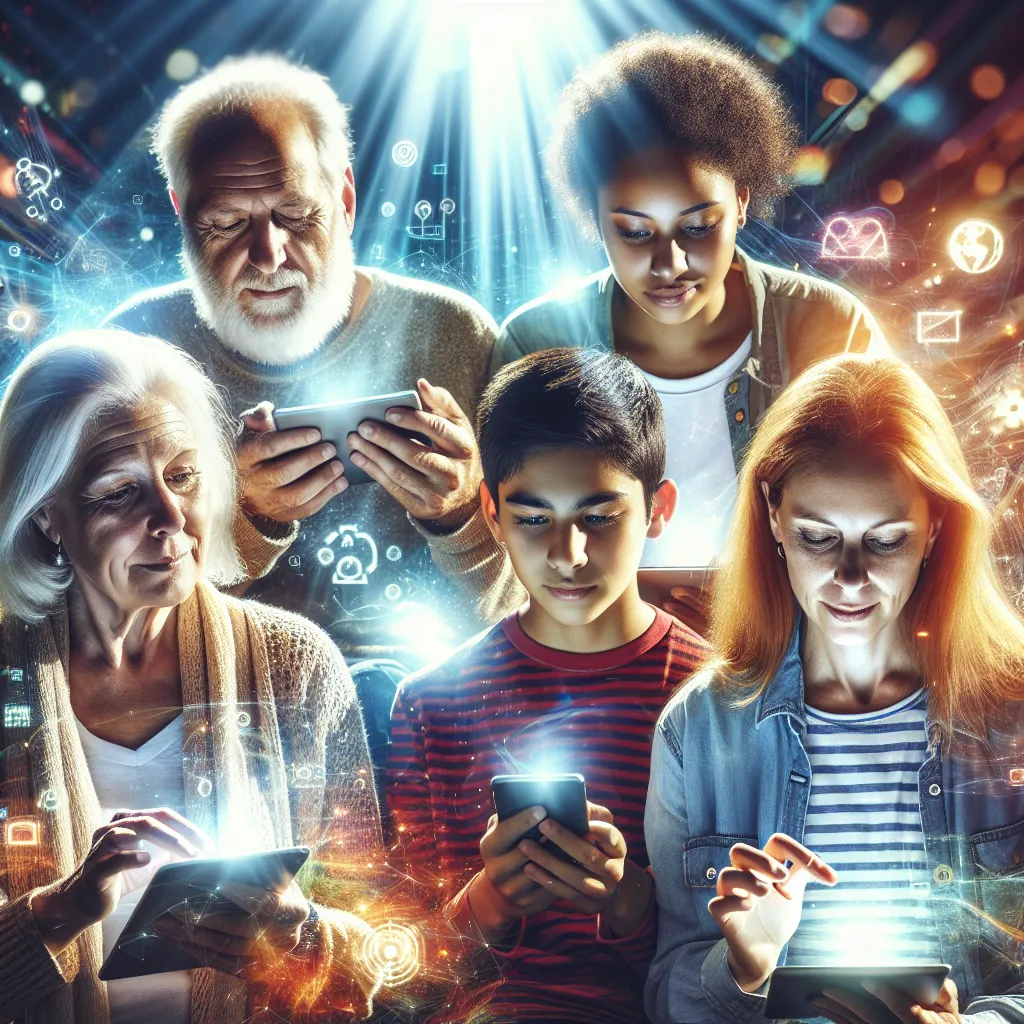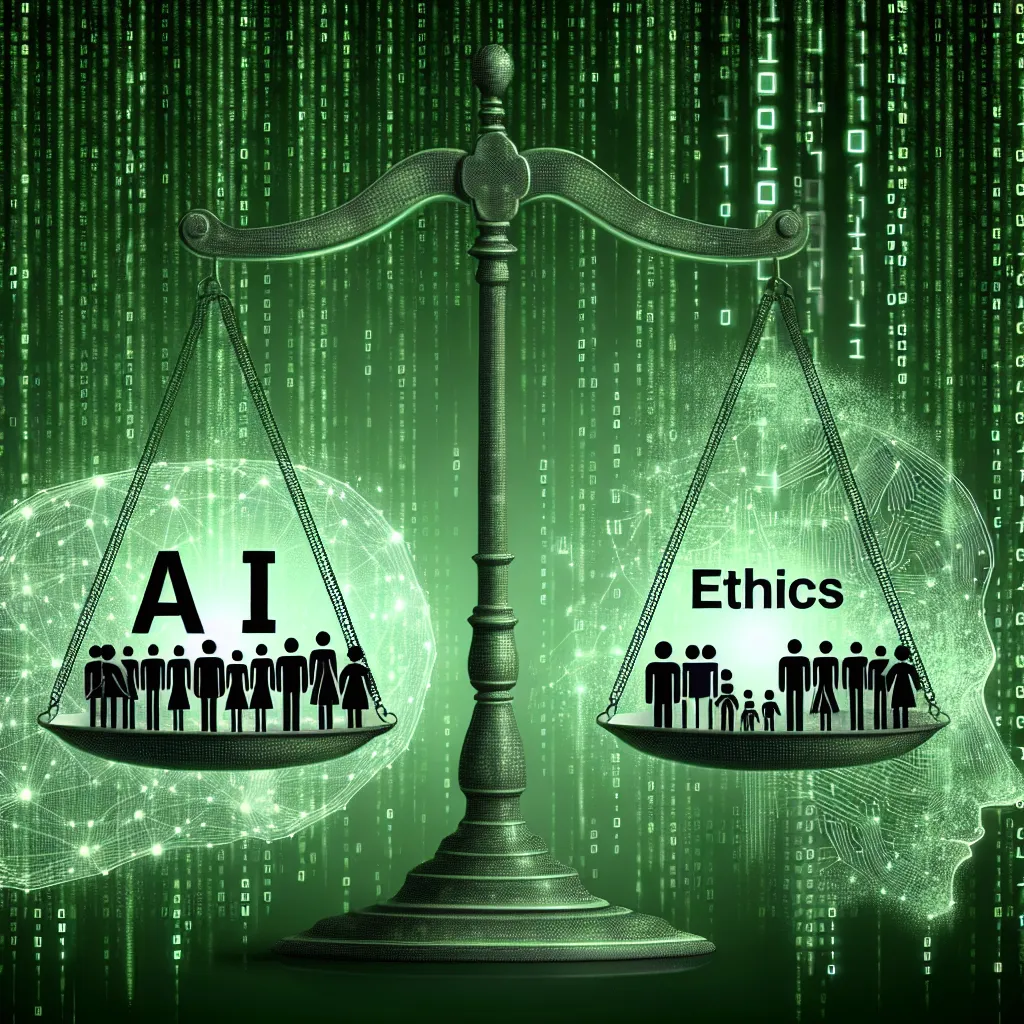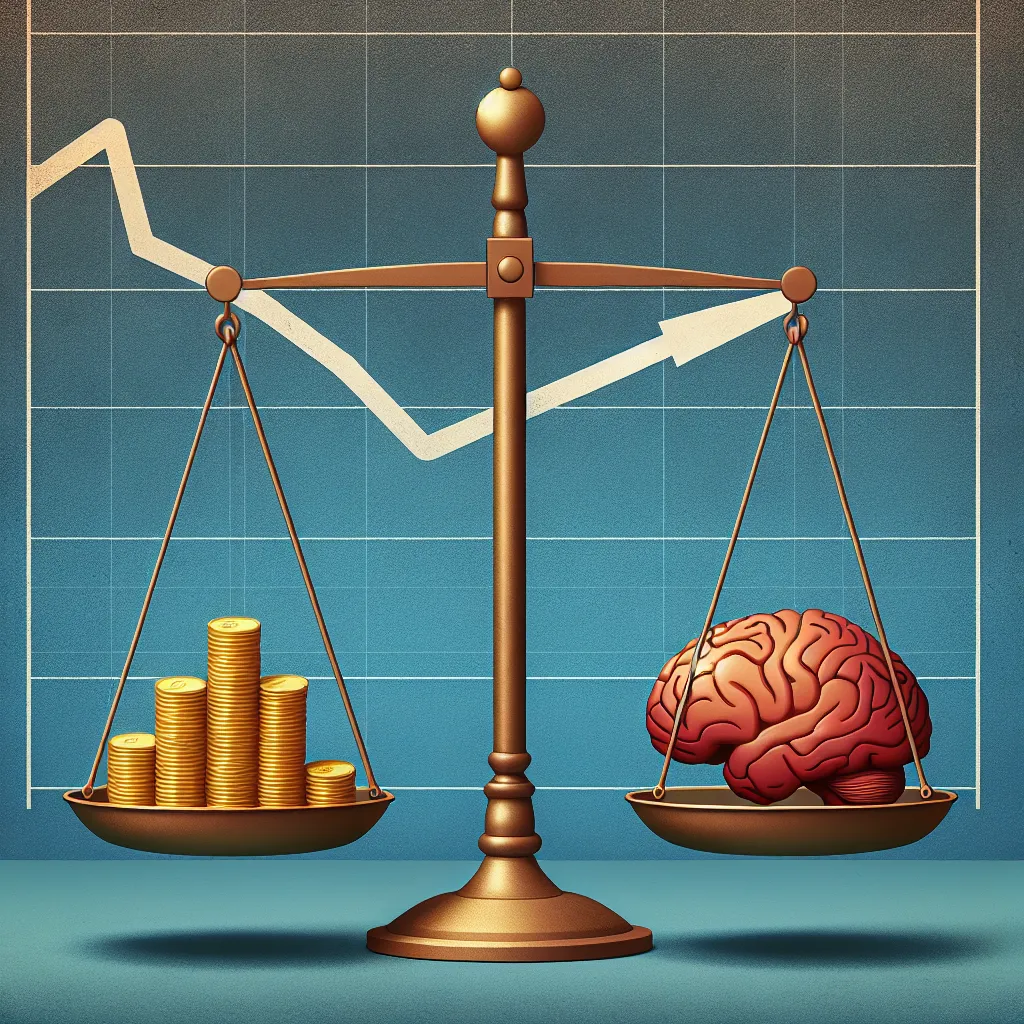Digital literacy has become an increasingly important topic in IELTS Writing Task 2 essays. As technology continues to shape our world, examiners are keen to assess candidates’ understanding of its impact on society. This article will provide you with a comprehensive guide to tackling questions related to digital literacy, including sample essays and expert analysis.
Nội dung bài viết
Understanding the Topic and Its Relevance to IELTS
Digital literacy refers to the ability to use digital technologies effectively and critically. It encompasses skills such as finding, evaluating, and creating information using digital tools. In the context of IELTS, questions about digital literacy often focus on its effects on individuals, society, and various aspects of modern life.
Based on recent trends, we can expect to see more questions related to digital literacy in future IELTS exams. Let’s examine a relevant question that has appeared in recent tests:
Some people say that the internet is making the world smaller by bringing people together. To what extent do you agree or disagree with this statement?
This question touches on how digital literacy and internet access can empower individuals to connect globally, which is closely related to our main topic.
Analyzing the Question
Before we dive into the sample essays, let’s break down the question:
- Topic: The internet’s impact on global connections
- Task: Agree or disagree with the statement
- Key points to consider:
- How the internet facilitates communication
- The concept of a “smaller world”
- Potential counterarguments
Sample Essay for Band 8-9
Here’s a high-scoring sample essay that addresses the question:
In the digital age, the internet has undoubtedly revolutionized the way we communicate and interact with people across the globe. I strongly agree with the statement that the internet is making the world smaller by bringing people together, as it has significantly reduced barriers to global communication and cultural exchange.
The internet has dramatically expanded our ability to connect with individuals from diverse backgrounds and locations. Social media platforms, video conferencing tools, and instant messaging apps have made it possible to communicate in real-time with people thousands of miles away. This ease of connection has fostered international friendships, business partnerships, and cultural exchanges that were once unimaginable. For instance, a student in rural India can now collaborate on a project with peers in the United States or attend virtual lectures from renowned professors worldwide.
Moreover, the internet has democratized access to information and knowledge, further contributing to the sense of a shrinking world. Online educational resources, news outlets, and cultural content are now available at our fingertips, allowing individuals to learn about and engage with different cultures and perspectives without leaving their homes. This increased exposure to global ideas and viewpoints has the potential to promote understanding and empathy across cultural boundaries.
However, it is important to acknowledge that while the internet can bring people together, it can also create echo chambers and reinforce existing divisions. The algorithmic nature of social media platforms often exposes users to content that aligns with their existing beliefs, potentially limiting exposure to diverse perspectives. Additionally, the digital divide – the gap between those with and without access to digital technologies – means that not everyone benefits equally from this interconnected world.
In conclusion, despite some limitations, I firmly believe that the internet is indeed making the world smaller by facilitating global connections and cultural exchange on an unprecedented scale. As digital literacy continues to improve and access to the internet expands, we can expect this trend to continue, fostering a more interconnected and culturally aware global society.
(Word count: 309)
Sample Essay for Band 6-7
Here’s a sample essay that would score in the Band 6-7 range:
I agree that the internet is making the world smaller by connecting people. The internet has changed how we communicate and learn about other cultures.
One way the internet brings people together is through social media. People can make friends from different countries and talk to them easily. For example, someone in China can chat with someone in Brazil using Facebook or WhatsApp. This helps people understand different cultures better.
Also, the internet makes it easy to find information about other places. We can read news from other countries or watch videos about different cultures. This helps us feel closer to people in other parts of the world. For instance, I can learn about Australian customs by watching YouTube videos made by Australians.
However, there are some problems. Not everyone has good internet access, so some people are left out. Also, sometimes people only talk to others who think like them on the internet, which doesn’t always help them understand different views.
In conclusion, I think the internet does make the world feel smaller by connecting people and sharing information. But we need to be careful to use it in a way that really brings people together and doesn’t create new divisions.
(Word count: 196)
Key Points to Remember When Writing
When addressing topics related to digital literacy and its impact on individuals, keep these points in mind:
- Structure: Ensure your essay has a clear introduction, body paragraphs, and conclusion.
- Examples: Use specific examples to support your arguments, as seen in both sample essays.
- Balanced view: Consider both positive and negative aspects of the topic.
- Vocabulary: Use a range of vocabulary related to technology and communication.
- Grammar: Employ a variety of sentence structures and tenses to demonstrate your language proficiency.
 Digital literacy empowering individuals
Digital literacy empowering individuals
Essential Vocabulary for Digital Literacy Topics
Here are some key terms to remember when writing about digital literacy:
- Digital divide (noun) /ˈdɪdʒɪtl dɪˈvaɪd/ – The gap between those who have access to digital technologies and those who do not.
- Connectivity (noun) /ˌkɒnekˈtɪvəti/ – The state of being connected or interconnected.
- Globalization (noun) /ˌɡləʊbəlaɪˈzeɪʃn/ – The process by which businesses or other organizations develop international influence.
- Virtual (adjective) /ˈvɜːtʃuəl/ – Not physically existing as such but made by software to appear to do so.
- Cybersecurity (noun) /ˌsaɪbəsɪˈkjʊərəti/ – The state of being protected against the criminal or unauthorized use of electronic data.
- Social media (noun) /ˈsəʊʃl ˈmiːdiə/ – Websites and applications that enable users to create and share content or participate in social networking.
- E-learning (noun) /ˈiː lɜːnɪŋ/ – Learning conducted via electronic media, typically on the internet.
- Digital footprint (noun) /ˈdɪdʒɪtl ˈfʊtprɪnt/ – The information about a particular person that exists on the internet as a result of their online activity.
Conclusion
Digital literacy and its impact on individuals is a crucial topic in IELTS Writing Task 2. By understanding the key concepts, structuring your essays effectively, and using relevant vocabulary, you can confidently address questions on this subject. Remember to practice writing essays on similar topics, such as the impact of social media on personal relationships or the role of technology in education.
We encourage you to try writing your own essay on the question provided in this article. Share your essay in the comments section below for feedback and discussion with fellow IELTS candidates. This practice will help you refine your skills and prepare for success in your IELTS Writing Task 2.
For more insights on related topics, check out our articles on how digital literacy supports democracy and how to promote digital literacy in rural areas.


